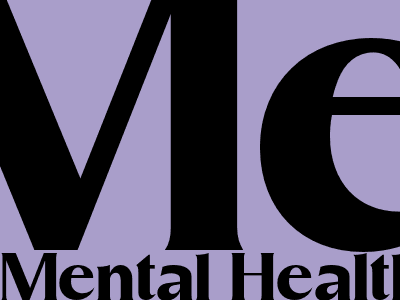Mental Health Awareness Day: A Call for Understanding, Support, and Action
Breaking the Silences and Stigmas Surrounding Mental Health
Mental Health Awareness Day serves as a powerful reminder of the importance of mental wellbeing and the urgent need to address the challenges faced by individuals struggling with mental health conditions. While significant progress has been made in raising awareness and reducing the stigma associated with mental health, there is still much work to be done. This article delves into the crucial aspects of mental health awareness, highlighting the need for understanding, support, and proactive action.
Understanding the Spectrum of Mental Health Conditions
Mental health conditions encompass a wide range of experiences that can affect an individual's thoughts, emotions, and behaviors. Common conditions include depression, anxiety, bipolar disorder, schizophrenia, and post-traumatic stress disorder (PTSD). These conditions can manifest in various ways, impacting daily life, relationships, and overall well-being.
Depression
Depression is a prevalent mental health condition characterized by persistent feelings of sadness, hopelessness, and loss of interest in activities. Individuals with depression may also experience changes in sleep patterns, appetite, and concentration.
Anxiety
Anxiety disorders involve excessive worry, fear, and nervousness. They can manifest in different forms, including generalized anxiety disorder, social anxiety disorder, and panic disorder.
Bipolar Disorder
Bipolar disorder is a condition marked by alternating episodes of mania or hypomania and depression. During manic episodes, individuals may experience elevated mood, increased energy, and impaired judgment. Depressive episodes are characterized by low mood, loss of interest, and fatigue.
The Importance of Support and Access to Care
Access to timely and appropriate mental health care is crucial for individuals struggling with mental health conditions. Support from family, friends, and healthcare professionals can make a significant difference in recovery and well-being.
Family and Friends
Loved ones play a vital role in providing emotional support, encouragement, and practical assistance. They can listen without judgment, offer reassurance, and help with daily tasks when needed.
Healthcare Professionals
Mental health professionals, such as psychiatrists, psychologists, and therapists, are trained to provide evidence-based treatments for mental health conditions. They can conduct assessments, diagnose conditions, and recommend appropriate treatment plans.
Proactive Action: Prevention and Early Intervention
In addition to providing support and access to care, it is essential to promote mental health awareness and implement proactive measures for prevention and early intervention. Public health campaigns, educational programs, and community initiatives can help reduce the stigma associated with mental health and encourage individuals to seek help when needed.
Public Health Campaigns
Public health campaigns can raise awareness about mental health conditions, their symptoms, and available resources. They aim to reduce the stigma and encourage individuals to prioritize their mental wellbeing.
Educational Programs
Educational programs in schools, workplaces, and community organizations can provide information about mental health, coping mechanisms, and resilience-building strategies.
Community Initiatives
Community initiatives, such as support groups, peer-led programs, and crisis hotlines, can provide a sense of belonging, reduce isolation, and offer support to individuals with mental health challenges.
Conclusion: A Collective Effort towards Mental Health Awareness
Mental Health Awareness Day serves as a catalyst for ongoing efforts to create a more understanding and supportive society for individuals with mental health conditions. By breaking the silence, providing access to quality care, and implementing proactive measures, we can empower individuals to seek help, promote positive mental health, and foster inclusive communities where everyone can thrive.
Remember, you are not alone on this journey. If you or someone you know is struggling with mental health issues, reach out for support. Together, we can create a world where mental health is valued, understood, and supported.

Comments